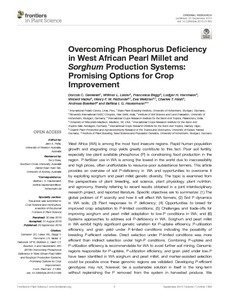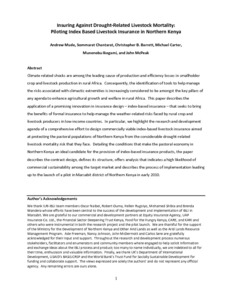Focal point
Location
MISSION
We build partnerships to synergize and sustain excellence in the interdisciplinary research, teaching, and service that make the University of Wisconsin-Madison a world leader in addressing environmental challenges.
VISION
We strive to create sustainable communities across complex institutional landscapes for enhancing the quality of life and the environment in Wisconsin and the world.
CORE VALUES
The Nelson Institute:
- facilitates and promotes interdisciplinary scholarship that aims to understand and address societal problems related to environment and sustainability.
- values and is committed to a liberal arts and professional education, built on the premise that complex environmental issues can best be understood through familiarity with diverse perspectives, and integration of the natural sciences, social sciences, and humanities.
- values and is committed to fostering and sustaining community partnerships in education, research, and service at the local to international levels.
- acts as a catalyst and model for interdisciplinary collaboration on environmental initiatives across departments, schools, and colleges, and including governmental, private, and non-profit entities.
Members:
Resources
Displaying 1 - 5 of 77ORCHIDEE-PEAT (revision 4596), a model for northern peatland CO2, water, and energy fluxes on daily to annual scales
Overcoming phosphorus deficiency in West African pearl millet and sorghum production systems: promising options for crop improvement
West Africa (WA) is among the most food insecure regions. Rapid human population growth and stagnating crop yields greatly contribute to this fact. Poor soil fertility, especially low plant available phosphorus (P) is constraining food production in the region. P-fertilizer use in WA is among the lowest in the world due to inaccessibility and high prices, often unaffordable to resource-poor subsistence farmers. This article provides an overview of soil P-deficiency in WA and opportunities to overcome it by exploiting sorghum and pearl millet genetic diversity.
Community participation in decentralized management of natural resources in the southern region of Mali
Decentralized governance of natural resources is considered one of the key strategies for promoting sustainable management of natural resources at local level. Effective decentralized natural resource management requires strong local natural resource institutions. Therefore, strengthening local institutions governing the management of natural resources is one of the core principles of decentralization reforms in Francophone West Africa countries.
Participatory analysis of vulnerability to drought in three agro-pastoral communities in the West African Sahel
Drought is one of the major climatic hazards impacting on the various sectors including crop and livestock in the West African Sahel. Pastoral and agro-pastoral communities in the region are regularly affected by drought, with vulnerability differing with gender, age, wealth status (access to cropland and livestock endowment), geographic location, social networks, and previous exposure to drought. Effective interventions require regular monitoring of vulnerability to drought, for which various quantitative and qualitative approaches exist.
Insuring against drought?related livestock mortality: Piloting index based livestock insurance in northern Kenya
Climate related shocks are among the leading cause of production and efficiency losses in smallholder crop and livestock production in rural Africa. Consequently, the identification of tools to help manage the risks associated with climactic extremities is increasingly considered to be amongst the key pillars of any agenda to enhance agricultural growth and welfare in rural Africa.





